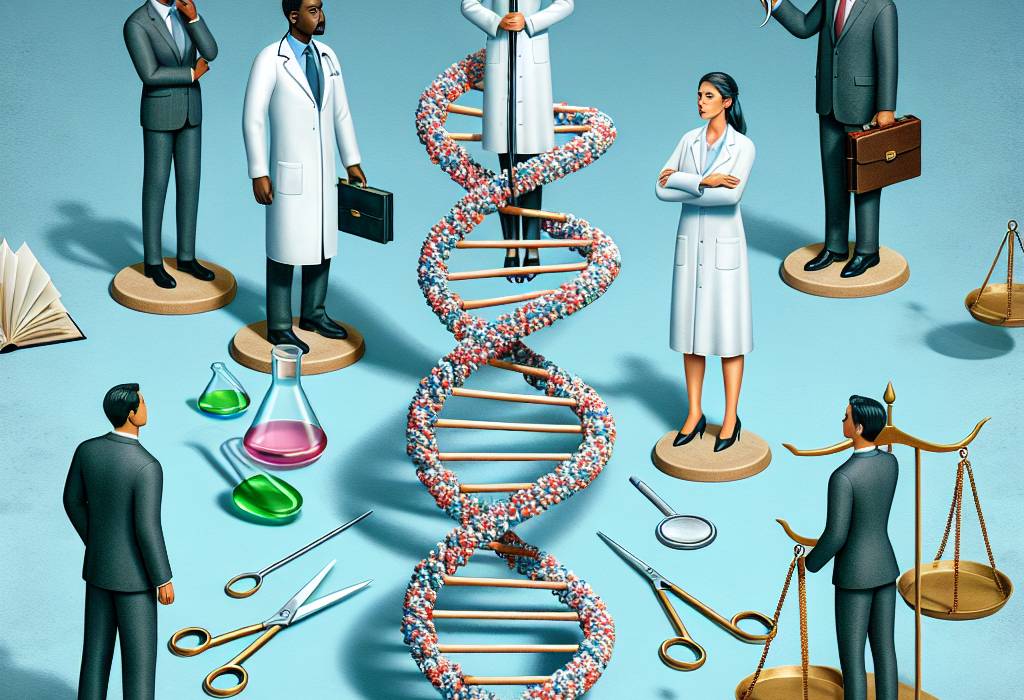Gene editing technology, particularly the revolutionary CRISPR-Cas9 system, has opened up new possibilities in the field of genetics. This technology allows scientists to easily modify genes within an organism, with the potential to correct genetic diseases, improve crop yields, and even create designer babies. However, with these groundbreaking advancements come a host of ethical dilemmas that must be carefully considered.
One of the primary concerns surrounding gene editing technology is the potential for unintended consequences. While researchers may have good intentions when using CRISPR-Cas9 to edit genes, the technology is not foolproof and can lead to off-target mutations that could have harmful effects. These unintended changes could not only impact the individual being treated, but also future generations if the edits are passed on through germline cells.
Another ethical consideration is the issue of genetic enhancement. While gene editing technology could theoretically be used to enhance certain traits in humans, such as intelligence or physical strength, this raises questions about the moral implications of creating genetically superior individuals. This could lead to a society where the wealthy have access to these enhancements, creating a divide between the genetically enhanced and the natural population.
Furthermore, there are concerns about the potential for gene editing to be used for purposes other than medical treatment or crop improvement. For example, there is a fear that this technology could be used for “designer babies,” where parents select specific traits for their child such as eye color or intelligence. This raises questions about eugenics and the ethics of manipulating genes for non-medical reasons.
In addition, there are also concerns about the equitable distribution of gene editing technology. Will this technology be accessible to all people, regardless of their socioeconomic status? Or will it be limited to those who can afford expensive treatments? This raises questions about social justice and the potential for gene editing to exacerbate existing inequalities.
Overall, gene editing technology presents numerous ethical dilemmas that must be carefully considered as this technology continues to advance. While the potential benefits of gene editing are vast, it is important to proceed with caution and ensure that ethical considerations are at the forefront of any decisions made regarding the use of this powerful technology. Only through thoughtful consideration and ethical guidelines can we ensure that gene editing technology is used responsibly and for the greater good of society.
















Leave feedback about this
You must be logged in to post a comment.